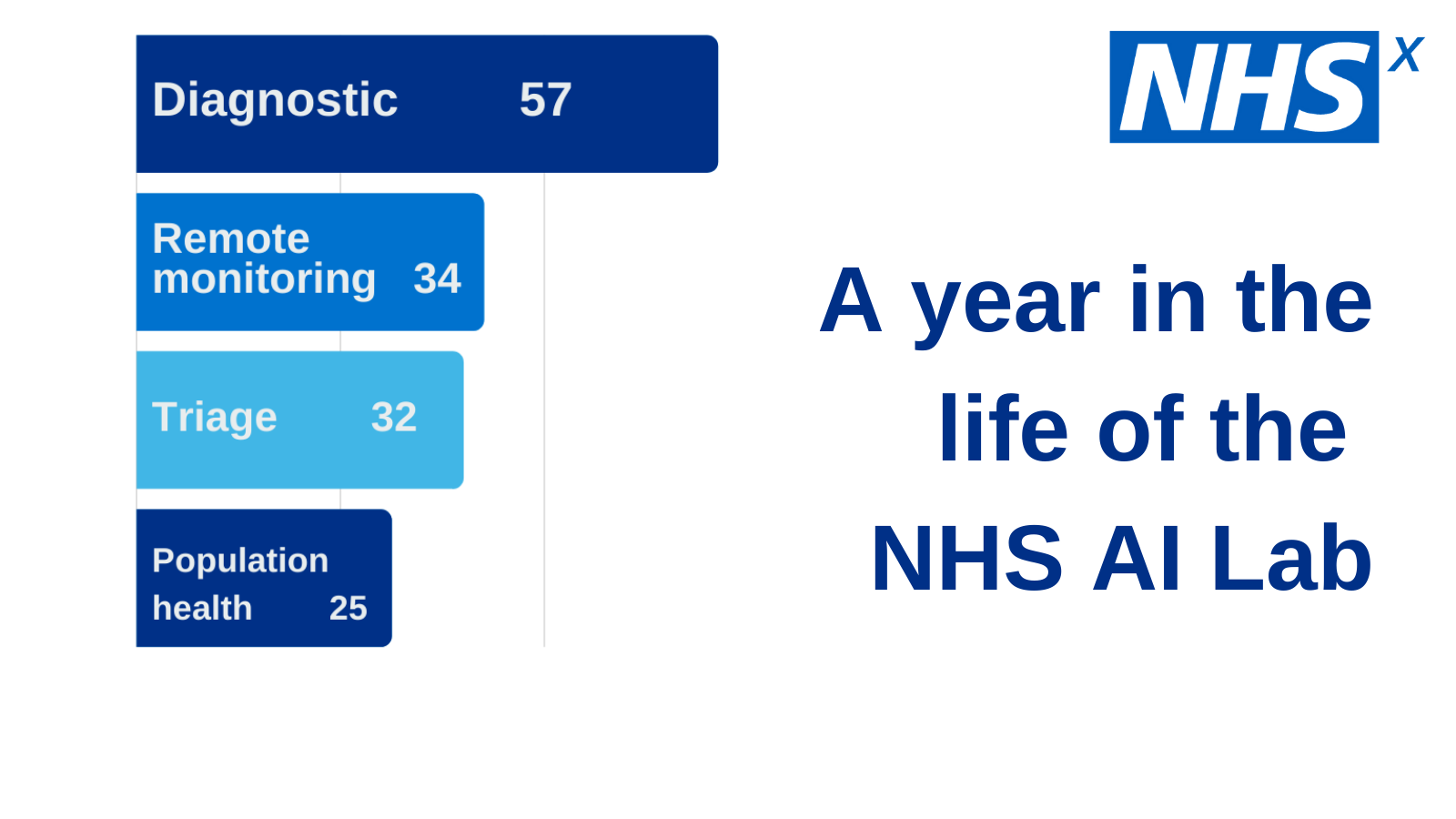Quick Overview
The NHS is leveraging artificial intelligence (AI) to identify patients who may frequently use emergency services. This initiative aims to provide timely and appropriate care to these individuals, reducing unnecessary visits to A&E.
Key Features and Benefits
- Proactive Support: AI tools analyze data to identify patients at risk of becoming frequent emergency service users, allowing healthcare teams to reach out with support before they require emergency care.
- High Intensity Use (HIU) Services: These services are now available in over 125 emergency departments across England, offering personalized coaching and support to address the underlying issues leading to frequent A&E visits.
- Focus on Social Determinants: The initiative targets factors such as poverty and social isolation, which often contribute to repeated emergency visits.
Implementation and Impact
- Over 360,000 patients visit A&E more than five times a year. The NHS is now proactively reaching out to these individuals to provide necessary support.
- In some regions, initiatives have successfully reduced frequent A&E visits by over 50%. For instance, South Tees Hospitals NHS Foundation Trust has seen significant reductions in emergency visits through dedicated support services.
- New Cross Hospital in Wolverhampton has established a HIU service that combines community outreach with clinical support, resulting in a 58% decrease in hospital attendance among frequent users.
Future Directions
- Healthcare teams in North East London are utilizing AI-powered prediction software to identify patients needing immediate preventative care, particularly those with chronic conditions like asthma and diabetes.
- The NHS aims to integrate these AI initiatives into its long-term health strategy, emphasizing personalized care and community support.
Statements from NHS Leadership
Amanda Pritchard, Chief Executive of NHS England, emphasized the importance of targeted support for frequent A&E users, stating, “This is much better for them but will also help to relieve pressure on the NHS.” Health Minister Karin Smyth highlighted the need for innovation and partnership in addressing the challenges faced by the NHS.
Conclusion
The NHS’s use of AI to predict and support frequent emergency service users represents a significant step towards more personalized and effective healthcare. By addressing the root causes of frequent A&E visits, the NHS aims to improve patient outcomes and alleviate pressure on emergency services.
